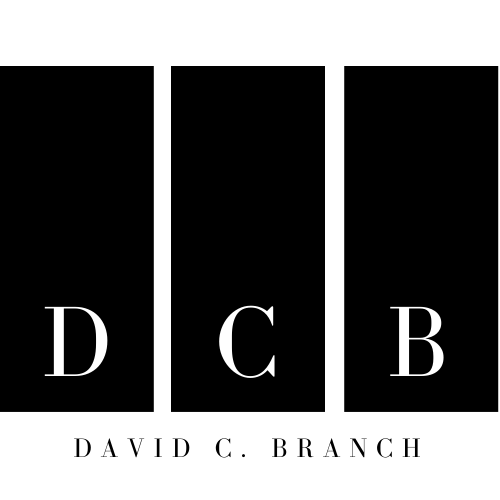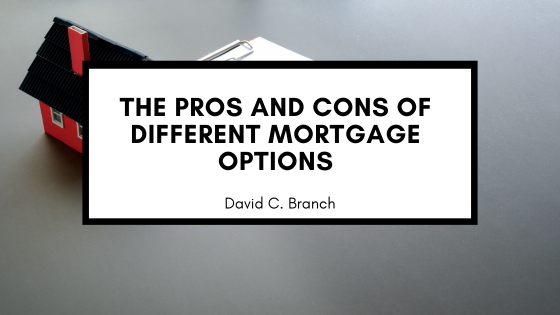Choosing the right mortgage is a crucial decision when buying a home. With various mortgage options available, understanding each type’s pros and cons is essential.
Conventional Mortgages
Conventional mortgages are the most common type and are not backed by any government agency. They typically require a down payment of at least 3% to 20% of the home’s purchase price.
Pros
- Flexibility in terms of loan duration (15 to 30 years).
- Potentially lower interest rates for borrowers with a good credit score.
- No private mortgage insurance (PMI) is required if a down payment of 20% or more is made.
Cons
- Stricter eligibility criteria and documentation requirements.
- Higher down payment requirements compared to government-backed loans.
- Limited flexibility for borrowers with lower credit scores.
FHA Loans
The Federal Housing Administration insures FHA loans which are popular among first-time homebuyers. They require a down payment as low as 3.5% of the purchase price.
Pros
- Lower down payment requirements, making homeownership more accessible.
- More lenient credit score and income requirements.
- Option to finance closing costs and other fees.
Cons
- Borrowers are required to pay mortgage insurance premiums (MIP) for the life of the loan.
- Strict property condition standards may limit the choices of homes.
- Upfront and annual MIP can increase the overall cost of the loan.
VA Loans
VA loans are available to eligible veterans, active-duty service members, and surviving spouses. The Department of Veterans Affairs guarantees these loans and requires no down payment.
Pros
- No down payment requirement, making homeownership more attainable for veterans.
- No private mortgage insurance is required.
- Lower interest rates and relaxed credit score requirements.
Cons
- Limited to eligible veterans and service members.
- A funding fee is required, although it can be rolled into the loan.
- Strict property eligibility requirements.
USDA Loans
USDA loans are designed for low- to moderate-income borrowers purchasing homes in eligible rural areas. They offer 100% financing with no down payment requirement.
Pros
- No down payment is required, making homeownership more affordable.
- Lower interest rates compared to conventional loans.
- Flexible credit guidelines.
Cons
- Limited to eligible rural areas.
- Income limits apply.
- Mortgage insurance premiums are required.
Understanding the pros and cons of different mortgage options is crucial for making an informed decision when buying a home. Conventional mortgages provide flexibility, FHA loans offer accessibility, VA loans benefit-eligible veterans, and USDA loans cater to borrowers in rural areas. Each mortgage type has advantages and considerations, including down payment requirements, credit score criteria, and insurance obligations. It is recommended to consult with a mortgage professional to evaluate your financial situation and determine the best mortgage option that aligns with your needs and goals. Remember, thorough research and careful consideration will empower you to choose the mortgage that suits you best and pave the way for successful homeownership.

